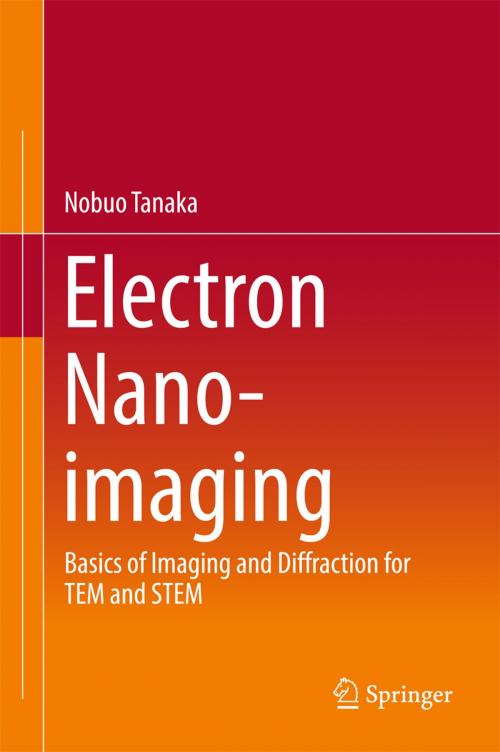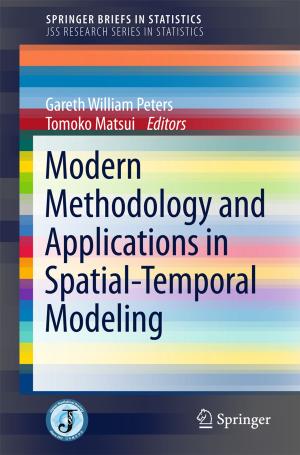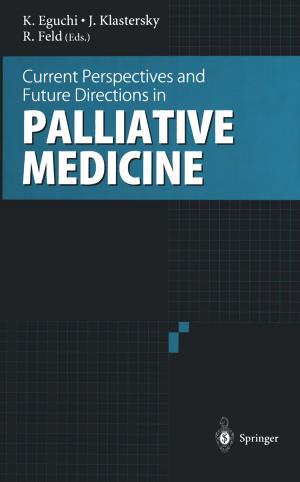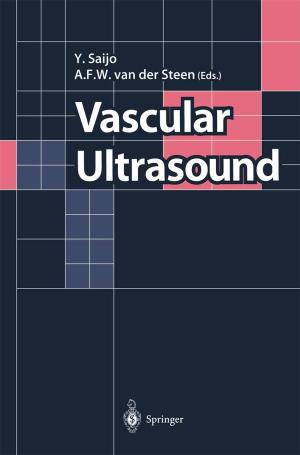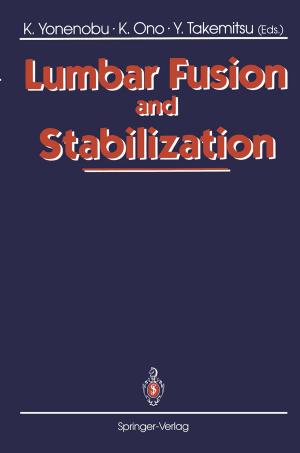Electron Nano-Imaging
Basics of Imaging and Diffraction for TEM and STEM
Nonfiction, Science & Nature, Science, Physics, Spectrum Analysis, Technology, Material Science| Author: | Nobuo Tanaka | ISBN: | 9784431565024 |
| Publisher: | Springer Japan | Publication: | April 4, 2017 |
| Imprint: | Springer | Language: | English |
| Author: | Nobuo Tanaka |
| ISBN: | 9784431565024 |
| Publisher: | Springer Japan |
| Publication: | April 4, 2017 |
| Imprint: | Springer |
| Language: | English |
In this book, the bases of imaging and diffraction in transmission electron microscopy (TEM) and scanning transmission electron microscopy (STEM) are explained in the style of a textbook. The book focuses on the explanation of electron microscopic imaging of TEM and STEM without including in the main text distracting information on basic knowledge of crystal diffraction, wave optics, electron lens, and scattering and diffraction theories, which are explained separately in the appendices. A comprehensive explanation is provided on the basis of Fourier transform theory, and this approach is unique in comparison with other advanced resources on high-resolution electron microscopy. With the present textbook, readers are led to understand the essence of the imaging theories of TEM and STEM without being diverted by other knowledge of electron microscopy. The up-to-date information in this book, particularly on imaging details of STEM and aberration corrections, is valuable worldwide for today’s graduate students and professionals just starting their careers.
In this book, the bases of imaging and diffraction in transmission electron microscopy (TEM) and scanning transmission electron microscopy (STEM) are explained in the style of a textbook. The book focuses on the explanation of electron microscopic imaging of TEM and STEM without including in the main text distracting information on basic knowledge of crystal diffraction, wave optics, electron lens, and scattering and diffraction theories, which are explained separately in the appendices. A comprehensive explanation is provided on the basis of Fourier transform theory, and this approach is unique in comparison with other advanced resources on high-resolution electron microscopy. With the present textbook, readers are led to understand the essence of the imaging theories of TEM and STEM without being diverted by other knowledge of electron microscopy. The up-to-date information in this book, particularly on imaging details of STEM and aberration corrections, is valuable worldwide for today’s graduate students and professionals just starting their careers.
